Moisturizers are one of the most important skincare products that you can use to keep your skin healthy and hydrated. They help to keep your skin moisturized, prevent dryness and flakiness, and improve the overall texture and appearance of your skin.
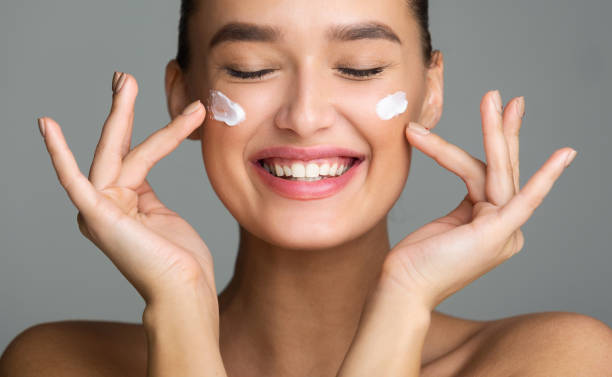
What is a Moisturizer?
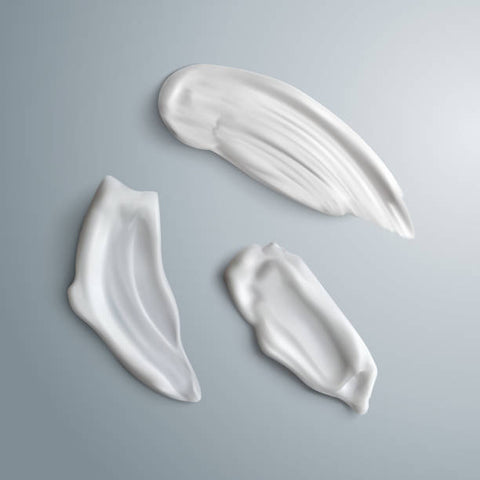
A moisturizer is a skincare product that is designed to hydrate and nourish the skin. It is typically applied after cleansing and toning the skin and before applying any other skincare products or makeup. Moisturizers come in many different forms, including creams, lotions, gels, and serums. They can be formulated with a variety of ingredients, such as humectants, emollients, and occlusives, which work together to lock in moisture and improve skin health.
Why is Moisturizer Important?
Moisturizer is important because it helps to keep your skin hydrated and healthy. When your skin is dry, it can become flaky, itchy, and irritated, which can lead to a number of skin problems. Dry skin can also exacerbate the signs of aging, making fine lines and wrinkles more prominent. By using a moisturizer regularly, you can help to prevent these issues and keep your skin looking and feeling its best.
Moisturizers can also help to protect your skin from environmental stressors, such as pollution and UV radiation. Many moisturizers contain antioxidants and other ingredients that help to neutralize free radicals and prevent damage to the skin.
How to Choose the Right Moisturizer for Your Skin Type
Choosing the right moisturizer for your skin type is crucial for maintaining healthy and hydrated skin. Here are some steps to help you choose the right moisturizer for your skin type:
-
Determine your skin type: Before choosing a moisturizer, it's important to know your skin type. The most common skin types are dry, oily, combination, and sensitive. You can determine your skin type by observing your skin's texture, oiliness, and sensitivity.
-
Look for ingredients that suit your skin type: Once you know your skin type, look for ingredients that are suited for your skin. For example, if you have dry skin, look for a moisturizer that contains hydrating ingredients such as hyaluronic acid or glycerin. If you have oily skin, look for a lightweight, non-greasy formula that won't clog pores.
-
Consider the texture of the moisturizer: The texture of the moisturizer should also be considered. If you have dry skin, a thicker cream might be more beneficial, while those with oily skin might prefer a lightweight lotion or gel.
-
Read reviews and do research: Do your research and read reviews from people with similar skin types to get an idea of what moisturizers work well for them.
-
Test the moisturizer: Once you have found a moisturizer that you think might work for your skin type, test it on a small patch of skin to see how your skin reacts. If you experience any irritation or allergic reaction, discontinue use.
Remember, finding the right moisturizer may take some trial and error. Don't be afraid to try different brands and formulations until you find one that works best for your skin type.
Best moisturizer for Acne prone skin
When choosing a moisturizer for acne-prone skin, it's important to look for products that are non-comedogenic, meaning they won't clog pores, and are oil-free or lightweight in texture. Here are some moisturizers that are suitable for acne-prone skin:
Cetaphil Dermacontrol Oil-Free Facial Moisturizer: This lightweight moisturizer contains SPF 30 and is specifically designed for acne-prone skin. It helps to control oil and shine while hydrating the skin.
Neutrogena Oil-Free Moisture: This lightweight, oil-free moisturizer is designed for oily and acne-prone skin. It helps to control oil and shine while providing hydration.

La Roche-Posay Effaclar Mat Daily Moisturizer: This mattifying moisturizer is specifically designed for oily and acne-prone skin. It helps to control oil and shine while providing hydration and improving the appearance of pores.
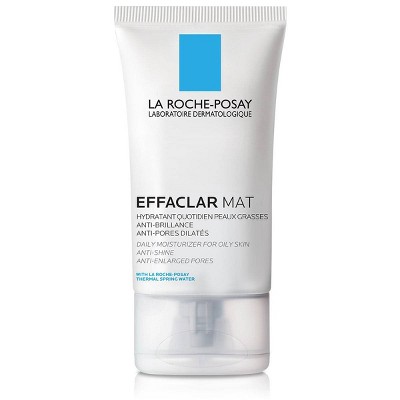
Aveeno Clear Complexion Daily Moisturizer: This moisturizer contains salicylic acid, which helps to clear and prevent acne while providing hydration. It's oil-free and non-comedogenic, making it suitable for acne-prone skin.
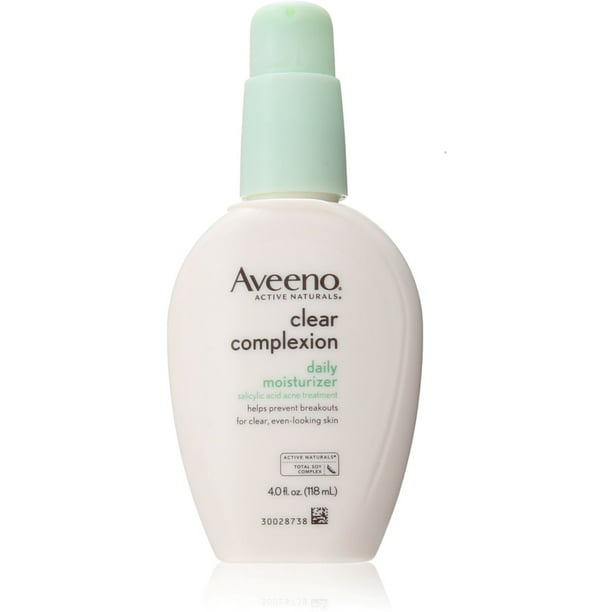
First Aid Beauty Skin Rescue Oil-Free Mattifying Gel Moisturizer: This lightweight, oil-free moisturizer is specifically designed for oily and acne-prone skin. It helps to control oil and shine while providing hydration and improving the appearance of pores.

Remember, it's important to patch test any new products before using them all over your face, and to consult with a dermatologist if you have persistent acne or skin concerns.
Best moisturizer for combination skin
When choosing a moisturizer for combination skin, it's important to look for products that balance both oily and dry areas of the skin. Here are some moisturizers that are suitable for combination skin:
Olay Regenerist Whip Face Moisturizer: This lightweight moisturizer is oil-free and provides hydration without leaving a greasy residue. It's suitable for combination skin and helps to improve skin texture and reduce the appearance of fine lines.
Kiehl's Ultra Facial Oil-Free Gel Cream: This gel cream moisturizer is oil-free and provides hydration while mattifying oily areas of the skin. It's suitable for combination skin and helps to improve skin texture and reduce the appearance of pores.
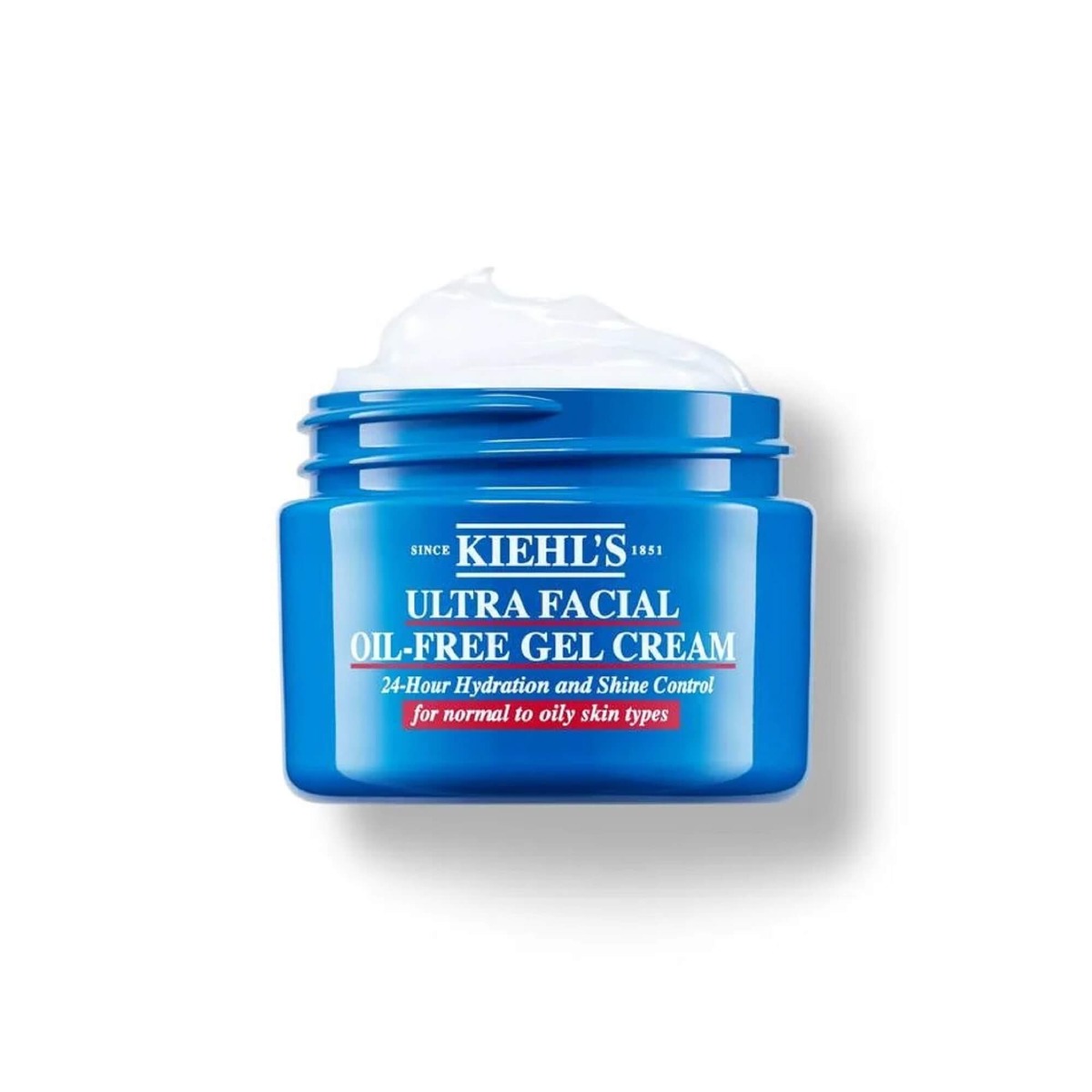
The Body Shop Seaweed Oil-Control Gel Cream: This gel cream moisturizer is lightweight and helps to control oil and shine in oily areas of the skin while providing hydration to dry areas. It's suitable for combination skin and contains seaweed extract, which helps to improve skin texture and reduce the appearance of pores.

Neutrogena Hydro Boost Gel-Cream: This gel cream moisturizer contains hyaluronic acid, which helps to provide hydration to dry areas of the skin while balancing oily areas. It's suitable for combination skin and provides a lightweight, non-greasy finish.
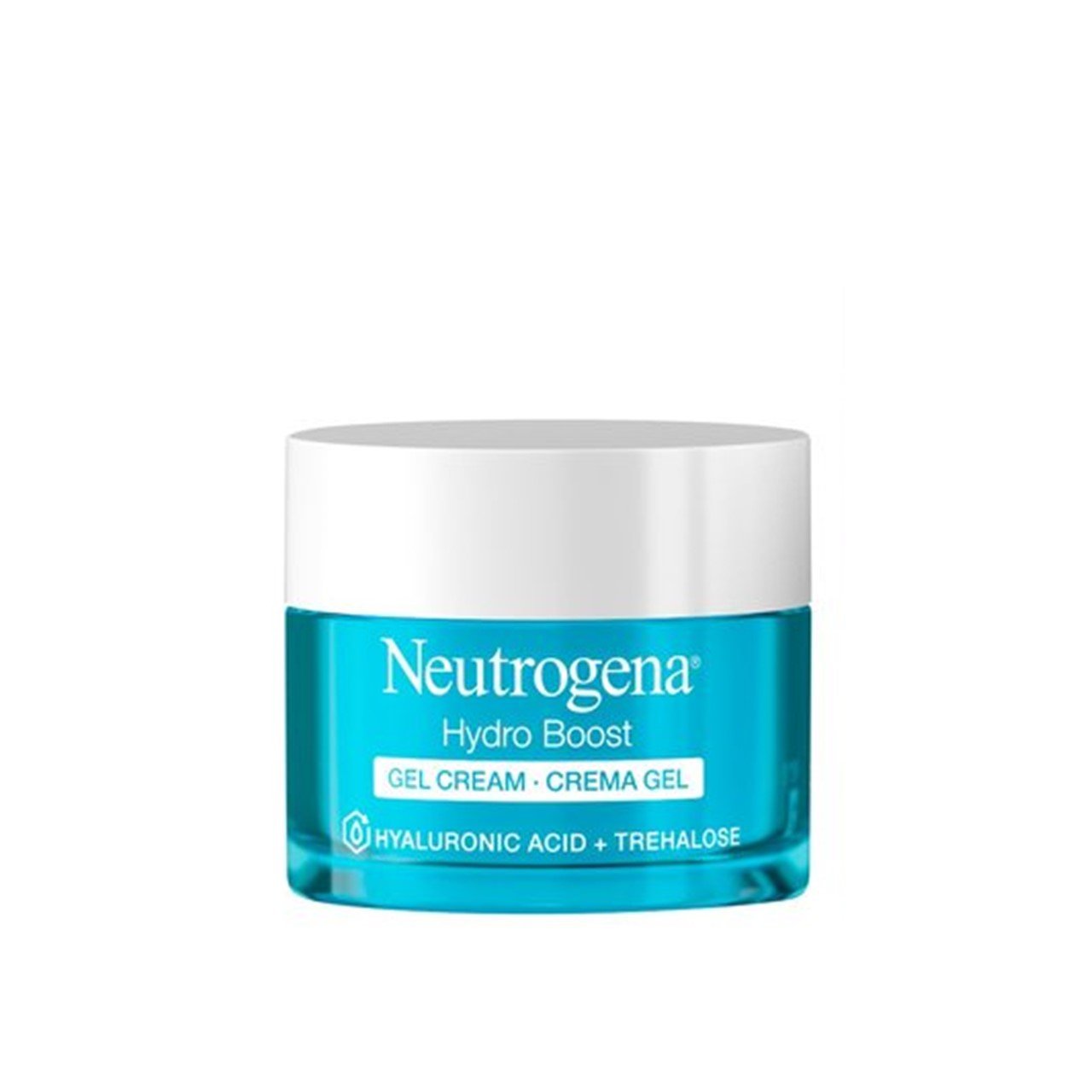
Remember, it's important to patch test any new products before using them all over your face, and to adjust your skincare routine as needed depending on changes in your skin.
Is it possible to utilize sunscreen as a moisturizer?
Sunscreen and moisturizer serve different functions, but some sunscreens do contain moisturizing ingredients that can provide some level of hydration. However, using sunscreen as a substitute for moisturizer may not provide enough hydration for your skin.
Moisturizers are designed to hydrate and nourish the skin, while sunscreen is designed to protect the skin from the sun's harmful rays. Sunscreen may not provide enough hydration to keep your skin moisturized throughout the day, especially if you have dry or dehydrated skin.
It's generally recommended to use a separate moisturizer and sunscreen. Apply your moisturizer first and wait a few minutes for it to absorb into your skin before applying sunscreen on top. This will help ensure that your skin stays hydrated and protected from the sun's harmful rays.
Can moisturizers lead to the development of acne?
Moisturizers themselves do not usually cause acne. However, certain moisturizers may contain ingredients that can clog pores and contribute to the development of acne. It's important to choose a moisturizer that is non-comedogenic, which means it won't clog pores, and that is suitable for your skin type. If you have acne-prone skin, look for moisturizers labeled as "oil-free" or "non-comedogenic" and avoid heavy, greasy formulas. Additionally, make sure to cleanse your skin thoroughly before applying moisturizer to remove any excess oil or dirt that can contribute to acne.
Is moisturizer necessary for oily skin?
Yes, even oily skin needs moisturizer. While oily skin produces more natural oil than other skin types, it still requires hydration to maintain a healthy skin barrier. Choosing a lightweight, oil-free moisturizer that won't clog pores can help balance the skin's natural oil production and prevent dehydration, which can actually lead to increased oiliness and breakouts. It's important to find a moisturizer that works for your skin type and use it daily to keep your skin healthy and hydrated.
Can the use of moisturizer lead to a reduction in acne?
Using a moisturizer alone may not necessarily reduce acne, but it can help prevent dryness and irritation, which can contribute to the development of acne. Properly hydrated skin is less likely to become inflamed or irritated, which can lead to breakouts. Additionally, certain moisturizers may contain ingredients that can help improve the appearance of acne-prone skin, such as salicylic acid or benzoyl peroxide. However, it's important to choose a moisturizer that is non-comedogenic and suitable for your skin type. It's also important to use other acne-fighting products as directed by a dermatologist to effectively treat and manage acne.
Can moisturizer be used to eliminate tan from the skin?
Moisturizers alone are not designed to remove tan from the skin. However, keeping your skin hydrated with regular use of moisturizer can help to fade a tan over time. Tans fade naturally as the skin sheds its outermost layer of dead skin cells, and hydrated skin can help speed up this process. Additionally, there are specialized products such as exfoliants and skin lightening creams that can help to reduce the appearance of a tan. It's important to use these products as directed and to always wear sunscreen to prevent further tanning and protect the skin from sun damage.
Author: Nikita Vishnoi BCA












